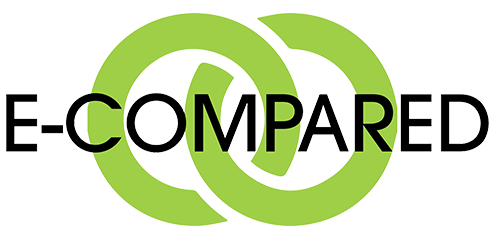What is Moodbuster?
The Moodbuster platform is a research platform: the treatments take place in the context of research projects (see also: Projects). The platform consists of a web portal for patients and practitioners and a mobile application with which all kinds of things can be measured such as mood or daily activities (also called Ecological Momentary Assessment). Moodbuster can be used for both prevention and treatment, from self-help tool to guided online treatment or in combination with face-to-face therapy (blended treatment).
At present, Moodbuster consists of a cognitive behavioural therapy treatment for depression. There are 6 online modules, aimed at explaining depression, learning to think more positively, planning enjoyable activities structurally, solving problems associated with gloom and more exercise. The modules are structured. Texts and videos guide the user through the module, using exercises whike homework assignments are given.
Moodbuster is available in various languages including Dutch (and Flemish), English, French, German, Portuguese and Polish.
MoodBuster 2.0
Moodbuster 2.0 consists of a content management system as well as the treatment platform. This system offers researchers and practitioners the opportunity to expand Moodbuster for depression and to make it suitable for other psychological problems such as anxiety disorders.







